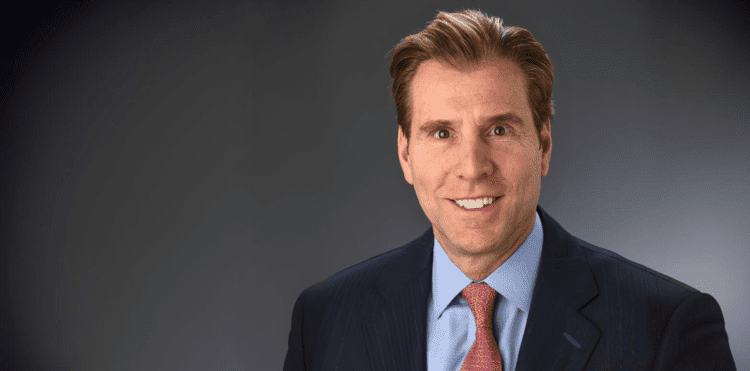
 Opinion Leaders
Opinion Leaders
2017 Outlook: Will Euro roll back last year’s losses?
-
Dr. Jan-Carl Plagge, Head of Applied Research
Potential reflationary policies in the US have helped the dollar, but strategists see an end to the euro’s decline.
Currencies remain at the center of a changing investment landscape, while the Federal Reserve continues to raise interest rates from historical lows and the European Central Bank (ECB) must at one point start unwinding its monetary stimulus.
Dollar/euro
Dollar bulls got the upper hand at the end of last year, helping lift the greenback to $1.04 against the euro, up from $1.15 in May. While momentum and the dollar-friendly rhetoric of the Trump administration may drive the European currency down to parity with the dollar, a later rebound for the euro is not unlikely. The start of this year has seen the euro recover some of its losses, rising from $1.04 on Jan. 3 to $1.08 on Jan. 31. The average forecast of five banks1 shows the euro ending 2017 at $1.05.
Still, the euro may remain under pressure as the ECB seems in no hurry to remove stimulus and raise rates. ECB President Mario Draghi on Feb. 6 told European Parliament members that the Eurozone’s economy isn’t strong enough yet. He indicated that a recent pick-up in inflation could well be “individual data points and short-lived increases.”2
A stronger dollar could lead to renewed pressure on emerging markets and hurt American companies’ earnings. It could also weigh on oil prices. Societe Generale analysts estimate the price of Brent could reach $60 a barrel by the end of 2017, from $57 on Dec. 30. Credit Suisse sees Brent at $62.
Europeans head to the polling stations
There will be no shortage of political events, particularly in Europe, to keep investors on edge and trigger volatility in financial markets. Between March and October, the Dutch, French and Germans will head to the polls. Catalonia has planned an independence referendum for September.
Before March is over, the UK must trigger the clause that officially starts the nation’s departure from the European Union.
Our recent articles have reviewed the transformative changes that took place in 2016 (Brexit, Trump’s victory, the beginning of the end of unconventional monetary stimulus). In a political world that seems to have shifted course dramatically and is deeply altering the investment environment, interest and exchange rates will play a key role in investment returns this year.
1 ABN Amro, Credit Suisse, UBS, SocGen and Morgan Stanley.
2 “ECB sees seeds of next crisis in Trump deregulation plan,” Reuters, Feb. 6, 2017.




